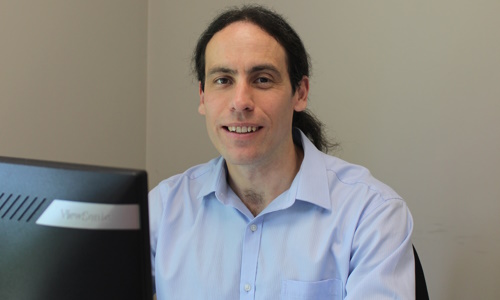
Dr Joseph Nelson has been awarded a $360,000 Marsden Fund grant to search for new battery materials.
As the world moves to more sustainable forms of energy, efficient rechargeable batteries are becoming more and more important.
At present the lithium-ion batteries used for everything from mobile phones to EVs include materials such as cobalt, which are in short supply and are also toxic to the environment.
New materials that are less expensive, less toxic, provide more energy for the same size, and make it easier to recycle lithium could bring sustainable energy a step closer.
Lincoln Agritech Research Scientist Joseph Nelson (Ngāti Tūwharetoa, Ngāti Raukawa) has just been awarded $360,000 from the Marsden Fund to find some of those new materials – using his computer.
“Finding new, improved materials that hopefully lead to more efficient batteries and lower environmental impact can happen in one of two ways,” says Dr Nelson.
“In the past, we’ve used mainly lab-based experiments, but that takes a lot of time and a lot of labour, so is quite expensive.
“The other way is by using computers to search for likely compounds with the required properties.”
Theoretically, it should be possible to mix any combination of elements to create a new material. For example, mixing copper and tin gave us bronze, while mixing carbon and iron gave us steel. The key is to find new compounds with the right thermodynamics and structure to use in batteries.
Dr Nelson’s Marsden Fund Fast-Start project will use high-performance computing to predict the structure of new compounds, and quantum mechanics to evaluate their energy potential.
By the end of the project, he aims to have created a comprehensive database of new compounds that are likely to be viable for new batteries.
Dr Nelson says he’s excited about this research and what it could lead to. “I’m very optimistic that we’ll find new materials that have a significant impact on future battery technology.”
See Also
People of Lincoln Agritech: Joseph Nelson


